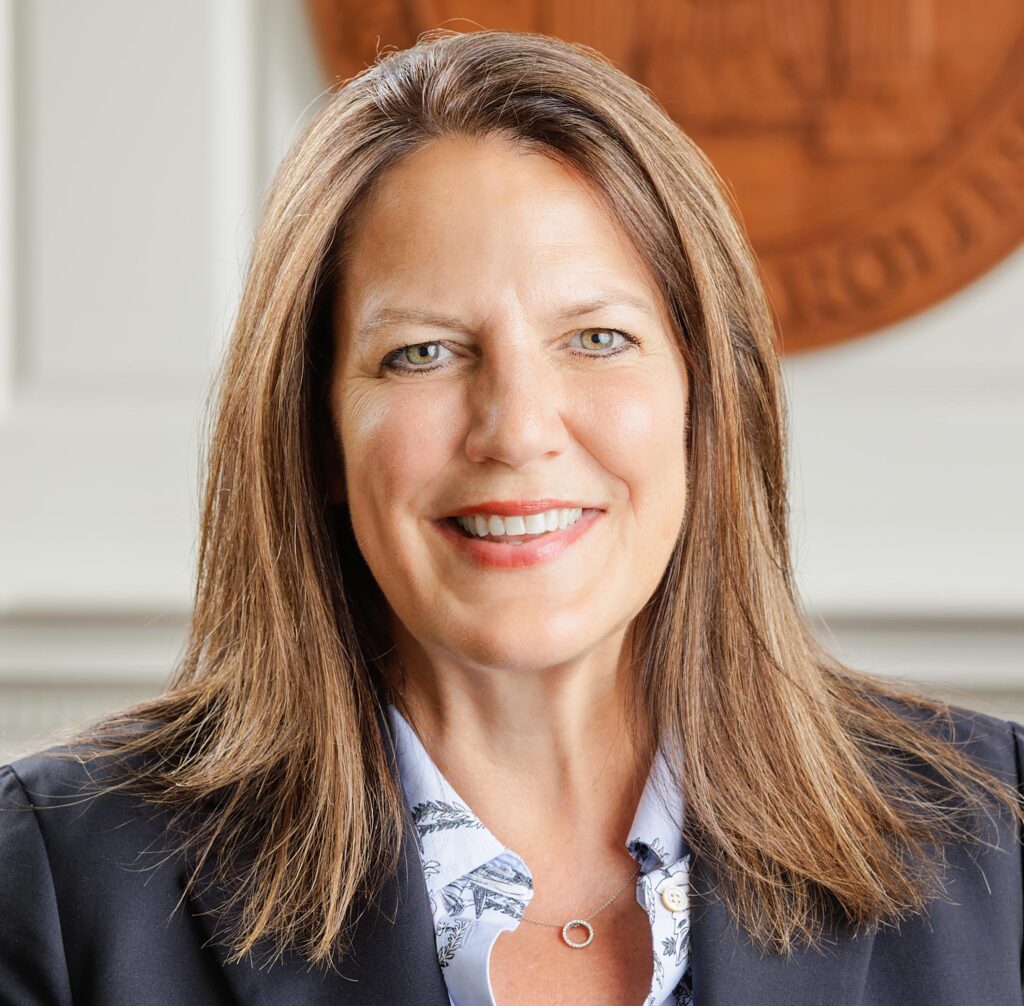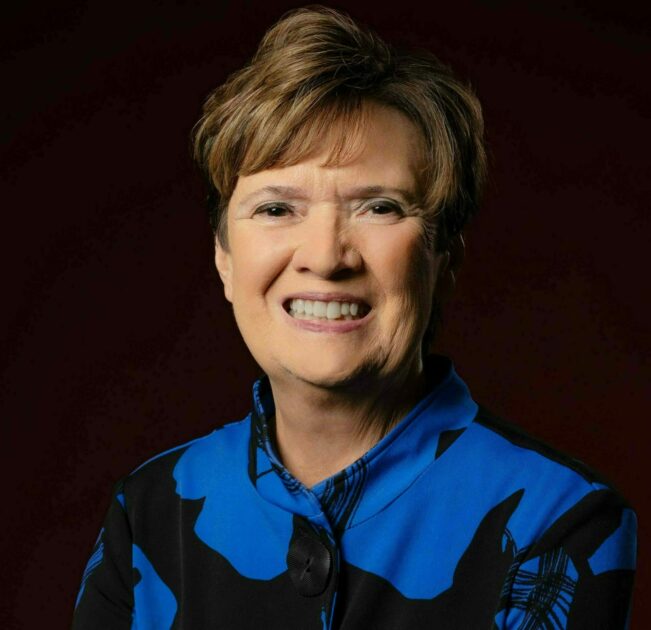Leading Through Disruption: Higher Education Executives Assess AI’s Impacts on Teaching and Learning

“The overall takeaway from these leaders is that they are working to make sense of the changes they confront and looking over the horizon at a new AI-infused world they think will be better for almost everyone in higher education. They clearly feel some urgency to effect change and they hope the grand reward is revitalized institutions that serve their students and civilization well.” – Lee Rainie, director of Elon University’s Imagining the Digital Future Center

“While our survey reveals significant growing pains as colleges adapt to AI – from concerns about cheating to gaps in faculty preparedness – there’s a clear recognition that we’re at an inflection point in higher education. The fact that 44% of institutions have already created AI-specific courses shows both the urgency and opportunity before us. The challenge now is turning today’s disruption into tomorrow’s innovation in teaching and learning.” – C. Edward Watson, vice president for digital innovation at the American Association of Colleges and Universities (AAC&U)

Elon University
“In 2023, Elon University launched a series of initiatives promoting higher education’s essential role in preparing humanity for the artificial intelligence revolution. Drawing on contributions from more than 140 educators in 48 countries, we developed a set of six principles that provide guidelines for institutions to advance digital and information literacy. In fall 2024, Elon partnered with AAC&U to create a Student Guide to Artificial Intelligence that has been shared with students, faculty and staff at more than 1,600 colleges and universities in 128 countries.
“This report is a continuation of our efforts to foster a critical discussion about the ways AI is reshaping higher education. Through their responses to this timely survey, higher education leaders paint a vivid portrait of the changes underway at their institutions, the choices they face and the opportunities and challenges that lie ahead. We thank them for sharing their thoughts and opinions in the spirit of mutual support.
“While the survey reveals significant concerns about academic integrity and institutional preparedness, it also points to an optimistic future, with a strong consensus around AI’s potential to enhance learning outcomes. This survey suggests we are at an inflection point, with 93% of leaders expecting significant or moderate changes to their teaching models.
“As universities and colleges create AI-focused courses, explore innovative pedagogical approaches, and create new policies, this report offers valuable insights. I hope you will take a few moments to reflect on these findings and consider how your own institution will adapt and evolve as AI becomes more embedded in modern life.” – Connie Book, president, Elon University

AAC&U
“Confronting the promises and perils associated with AI, from engaging in curricular innovation that acknowledges the extent to which facility with AI is increasingly essential to workforce success, to mitigating concerns over academic integrity and the achievement of learning outcomes, necessitates protracted engagement by higher education leaders at all levels, from the classroom to the boardroom. Like the internet, AI has fundamentally changed our relationship with knowledge, and it is our responsibility to prepare our students at every level and at all types of institutions for knowledge creation and dissemination in a globally interdependent world, in which rapidly changing technology means rapid obsolescence, within a future none of us can fully predict.
“The findings from this groundbreaking report on assessing AI’s impact on teaching and learning are intended to empower and prepare faculty and administrators to embrace institutional change and effectively utilize digital innovation. The fact that 95% of the leaders surveyed are concerned about the impact of Generative AI on academic integrity, 92% worry about undermining deep learning, and 80% fear the exacerbation of existing inequities due to the digital divide points to the need for both democratizing opportunity by closing the skills gap and for building AI competencies.
“Nevertheless, there are significant challenges that must be overcome to achieve these objectives. According to the survey data, majorities of campus leaders believe that students’ use of Generative AI surpasses that of faculty on their campuses. They are also convinced that their institutions are either not very ready, or at all ready, to utilize AI to prepare students for future employment. Of course, AI is already being used in classrooms to create custom curricula and tutoring plans, identify additional support and enrichment opportunities, and address individual student needs by providing rapid feedback on assignments. These moves make it easier for faculty to focus on higher-level instruction and engage in one-on-one interactions. Even so, nearly half of those surveyed expect significant changes to their teaching models as a result of Generative AI.
“Such work will entail providing students with practice using AI without depriving them of the learning processes foundational to the outcomes faculty strive to facilitate in their courses, including the promotion of active learning, deeper metacognition, and intellectual curiosity. In the process, faculty will be required to manage students’ cognitive loads, respond to learners’ needs, and redesign assessment to account for the training paradox of fostering expertise in AI without relinquishing the requirement for students to practice the essential skills needed for adapting to a new era of human thinking.
“Indeed, the survey results reaffirm the need for higher education’s AI strategies to be aligned with institutional strategic plans. Senior leaders must actively investigate and seek to comprehend the risks and rewards of AI, commit to ongoing professional development for faculty and staff around AI, create new jobs and allocate budget lines to support AI implementation, test and validate new AI processes, and infuse AI literacy and ethics throughout the curriculum from first year experiences to senior seminars and from general education to the major.
“AAC&U is proud to partner with Elon University’s Imaging the Digital Future Center in presenting this status report. We look forward to continuing to support your institution’s mission, vision, and values in positioning all students for success in work, citizenship, and life.” – Lynn Pasquerella, president, American Association of Colleges and Universities


